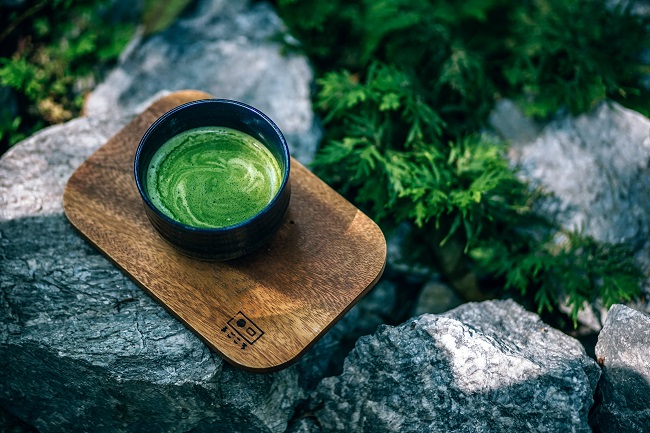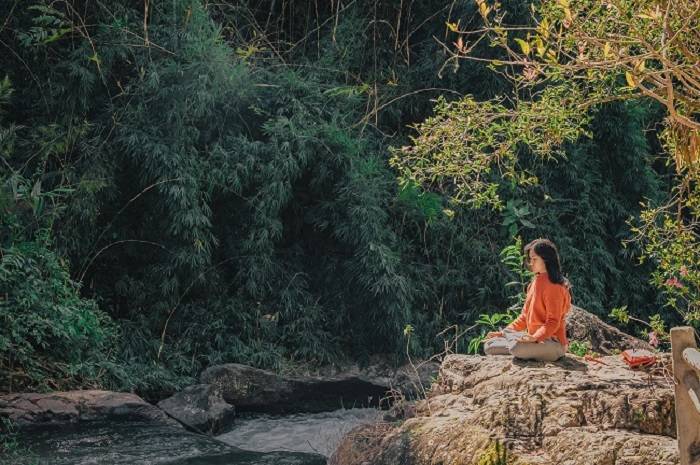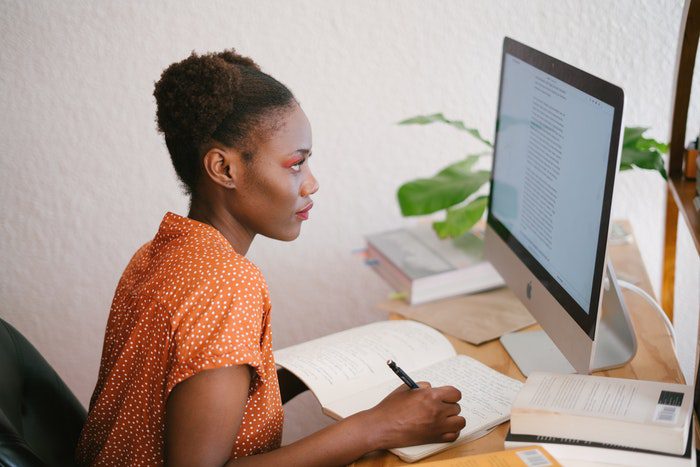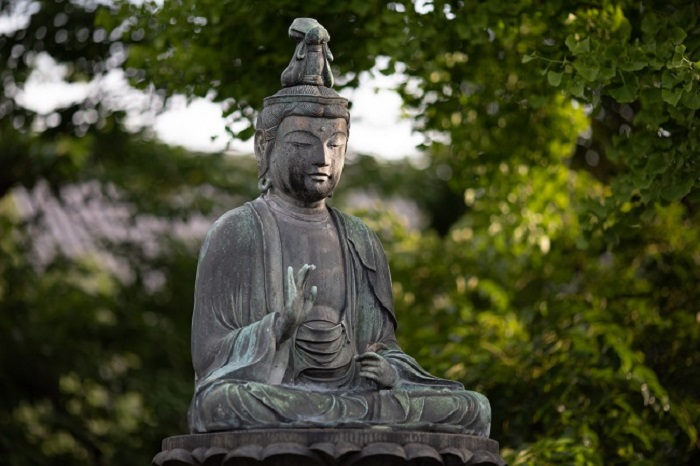“Anxiety, the illness of our time, comes primarily from our inability to live in the present moment.” – Thich Nhat Hanh
We all feel anxiety at one time or another. Anxiety typically comes from two places – sadness about the past, or concern regarding the future.
It is understandable to sometimes feel badly about the past. We may regret having hurt others. Or we may be sad that others have hurt us. But if we obsess about those past experiences, we will experience anxiety.
Similarly, anxiety can occur when we worry about the future. It is natural to worry about the future. After all, life can be unpredictable. Sometimes things go surprisingly well. And sometimes life goes badly in ways that we did not anticipate. If we ruminate about the unpredictability of life, we likewise will experience anxiety.
For example, of late, I have been anxious because my daughter soon leaves for college. Sending your child off into the world, even without a pandemic, is stressful! However, I know that my anxiety is not productive. There are things that I can control in my life, and my child’s college experience is not one of them!
The good news is that we have the ability to reduce our anxiety through a mindfulness practice. When we practice mindfulness, we don’t fret about the past or worry about the future. We simply focus on the present. And by simply being in the present moment, we can reduce our anxiety immensely.
Consider using some of the simple mindfulness techniques below to reduce and even eliminate your anxiety.
Creating Mindfulness Through Sitting Meditation
Meditation is one of the standard ways that people become more mindful. In a traditional sitting meditation, while seated in a quiet place, you simply focus on your breathing, or on parts of your body. Some people do this with quiet music, and others use a guided meditation. (The Calm App is one of the most popular apps for guided meditation.)
The benefit of meditation is that it trains your mind to be focused fully on the present moment. If you are paying attention solely to your breathing, then your mind isn’t thinking about your frustrations with the past or your concerns about the future. You just are experiencing this current moment.
The more we train our brains to be present now, the less likely we are to ruminate about past hurts or worry about what might happen tomorrow. Meditation helps train our brains to be fully in the present.
Walking Meditation
For those folks who have trouble sitting still, walking meditation is another way to learn to be mindful. For example, I meditate while walking my dog each day. I live in a wooded, rural area with walking paths. So, while I am walking, I try to fully experience the walk. I focus on the beauty of my surroundings. I keep my ears alert for the sounds of the birds. On occasion, a squirrel or deer will catch my eye. And I try to pay attention to the trees and the breeze.
Of course, on occasion, my mind will wander. I may worry about the future. Or I may fret about past hurts. But each time that happens, I try to redirect my mind to what I am observing during my walk. By doing so, I am training my mind to be in the here and now.
Achieving Mindfulness Through Drinking Tea
Of course, the “tea” mindfulness technique can be done with a cup of coffee, as well! The point is to sit quietly, and drink a cup of tea (or coffee). As you do, be fully present. Focus on the shape and style of your mug or teacup. Consider the warmth of the tea as it goes in your mouth and down your throat. Depending on your beverage choice, you might consider the taste. Is it bitter? Is it sweet?
So often, when we eat or drink, we do so without thinking. As we mindlessly eat or drink, our minds may wander to the concerns of the day or other negative thinking. However, whenever we eat or drink something, it is an opportunity to practice mindfulness. It is an opportunity to take our minds off of our worries and just enjoy our food and drink.
The added benefit is that when we pay attention to what we are eating, we are more likely to eat the right food and the right amount of food. When we mindlessly eat, we are prone to eating too much, or to eating foods that are too salty or sugary. When we really pay attention to what we are eating, we will choose high quality foods that not only taste good but which serve our bodies.
Mindfulness Practice through Folding Clothes
There are many ways to practice mindfulness when doing everyday household chores. You can do it while mopping, washing dishes or even cleaning the bathroom! However, I find a good approach is to practice mindfulness while folding clothes.
To do so, as you fold each piece of clothing, take care to make all the folds even. Consider the person who is going to be wearing the item, and say a small prayer for that person. Or simply observe the clothes and appreciate having nice things to wear.
The point is to be fully engaged when you fold the clothes. Don’t fold clothes and have your mind on work concerns or family issues. Just be present while doing the task. Take care when you fold each piece of clothing. Do it with love and gratitude.
Consider practicing the above mindfulness techniques to reduce your anxiety. You may find the techniques to be strange or tedious at first. But once you get the hang of it, you will find that your anxiety decreases as you live more and more in the present moment.








